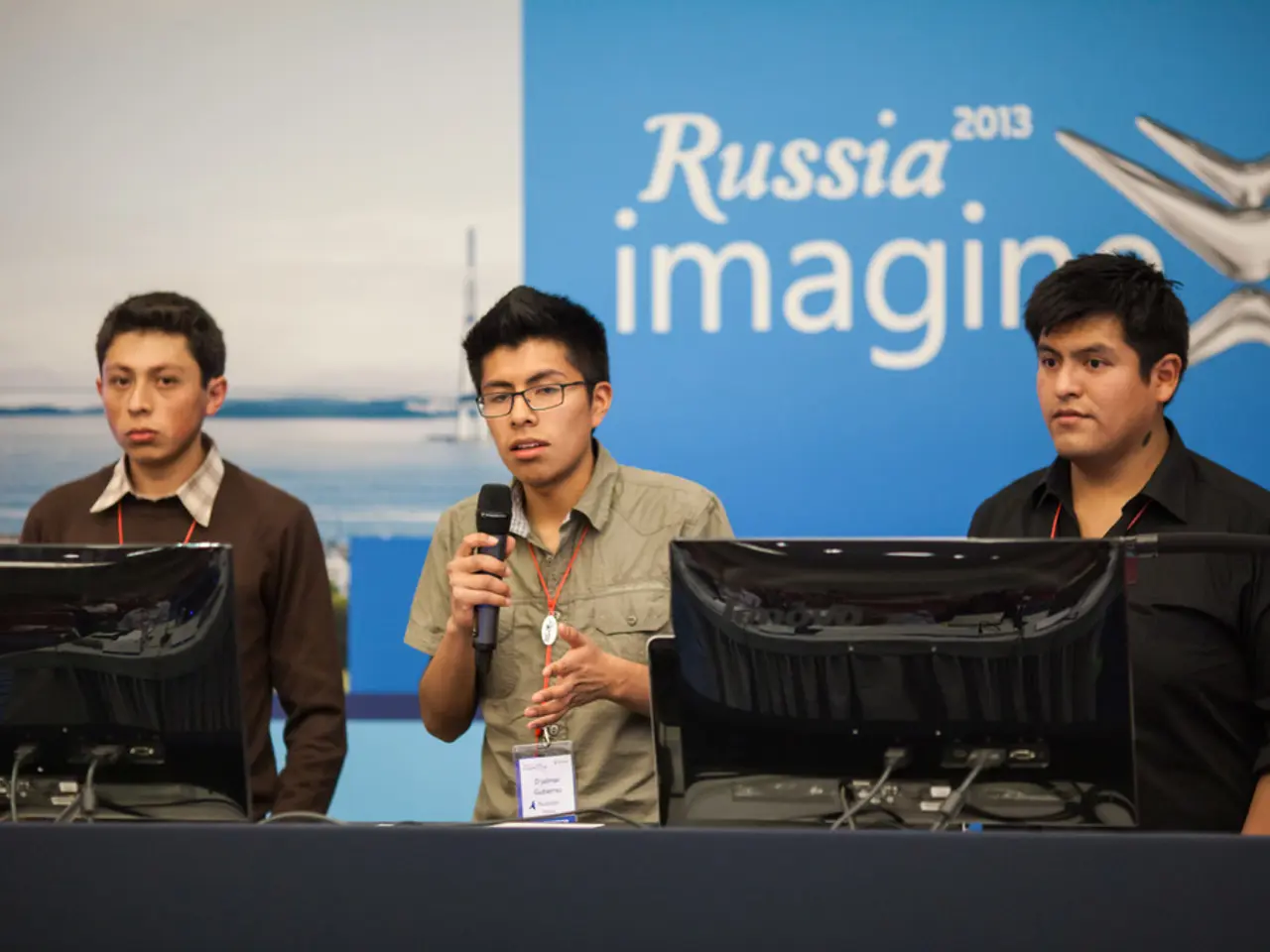Microsoft halts Chinese engineers from working on U.S. Defense computer systems due to investigative report, as potential espionage by foreign intelligence agencies raises concerns and prompts swift action
In a move aimed at enhancing the security of U.S. Department of Defense (DoD) systems, Microsoft has ceased the practice of using China-based engineers to support its cloud services. This decision follows a controversial model that involved American "digital escorts" with the necessary security clearances, who acted as intermediaries between the foreign engineers and the DoD systems.
The arrangement, which has been in place for approximately a decade, was instrumental in securing federal cloud contracts for Microsoft. However, investigations revealed that the oversight by these digital escorts was often inadequate due to their limited technical expertise, raising significant security risks.
This model, particularly when applied to national security systems like those of the DoD, faced criticism due to the sensitive nature of military data and the hostile cyber threat environment posed by China. The security risks include potential espionage, sabotage, and the risk of malicious code or vulnerabilities being introduced into DoD systems.
Defense Secretary Pete Hegseth has ordered a review of the practice, and Congressional leaders, including Senator Tom Cotton, have expressed strong concerns about supply chain and subcontractor risks linked to foreign personnel supporting critical military infrastructure. They have called for investigations into the use of foreign workers by military contractors.
Microsoft has made changes to its support for U.S. Government customers to ensure that no China-based engineering teams are providing technical assistance for DoD Government cloud and related services. The company's Chief Communications Officer, Frank X. Shaw, has assured that its China-based personnel no longer work on DoD projects.
Despite these measures, concerns remain. The DoD needs to be vigilant about potential system compromises due to the risk of one weak link breaking the strongest chain. There is currently no proof that Microsoft China personnel have engaged in espionage, but the admission of a digital escort raises concerns about the security of systems involving foreign personnel or contractors.
The controversy highlights the delicate balance between cost efficiency and security, especially when it comes to national security systems. While outsourcing or utilizing foreign engineers is a known practice in the broader technology sector, its use in critical national security systems like those of the DoD is highly controversial and sensitive.
Microsoft is committed to providing the most secure services possible to the U.S. government, including working with national security partners to evaluate and adjust its security protocols as needed. The company claims it has disclosed this practice to the Federal government, but neither past nor present authorities were aware of it.
The admission of one digital escort is a troubling sign for both Microsoft and the U.S. government. The DoD needs to check its systems that Microsoft's staff abroad touched to ensure they haven't been compromised. The practice of having digital escorts monitoring non-cleared staff is in place, but its effectiveness is questionable.
References: [1] ProPublica Investigation [2] Microsoft's Statement [3] Secretary of Defense Pete Hegseth's Statement [4] Congressional Statements and Calls for Investigation
The practice of relying on China-based engineers for supporting Microsoft's cloud services, which was instrumental in securing federal cloud contracts, posed significant security risks due to inadequate oversight and the sensitive nature of national security systems. In the light of potential espionage, sabotage, and the risk of malicious code or vulnerabilities being introduced into DoD systems, Congressional leaders and Defense Secretary Pete Hegseth have expressed concerns and called for investigations into the use of foreign workers by military contractors.




